Neuroscience
-
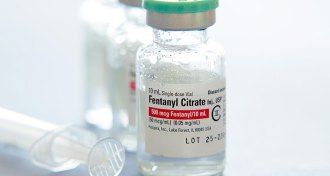 Neuroscience
NeuroscienceFentanyl’s death toll is rising
The ability of fentanyl, an opioid, to freeze chest muscles within minutes may be to blame for some overdoses, a new autopsy study shows.
-
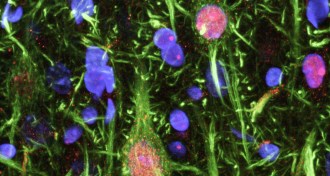 Neuroscience
NeuroscienceEating shuts down nerve cells that counter obesity
A group of nerve cells shut down when food hits the lips, a study of mice finds.
-
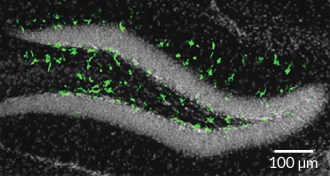 Health & Medicine
Health & MedicineZika kills brain cells in adult mice
Zika virus may harm more than babies: The virus can infect and kill brain cells in adult mice, too.
By Meghan Rosen -
 Neuroscience
NeuroscienceSleep deprivation hits some brain areas hard
Brain scan study reveals hodgepodge effects of sleep deprivation.
-
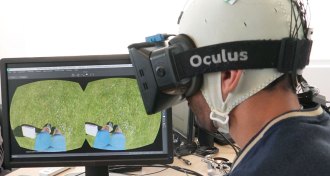 Neuroscience
NeuroscienceMix of brain training, physical therapy can help paralyzed patients
Long-term training with brain-machine interface helps people paralyzed by spinal cord injuries regain some feeling and function.
By Meghan Rosen -
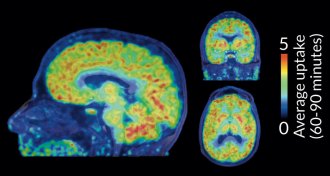 Genetics
GeneticsScientists get a glimpse of chemical tagging in live brains
For the first time scientists can see where molecular tags known as epigenetic marks are placed in the brain.
-
 Genetics
GeneticsScientists get a glimpse of chemical tagging in live brains
For the first time scientists can see where molecular tags known as epigenetic marks are placed in the brain.
-
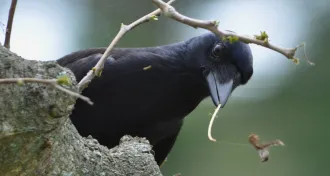 Animals
AnimalsBetty the crow may not have invented her hook-bending tool trick
Textbook example of Betty the crow’s proposed insight into toolmaking is now called into question by observations of similar hook bending by wild New Caledonian birds.
By Susan Milius -
 Neuroscience
NeuroscienceAging-related protein may play role in depression
Mouse study reveals link between aging protein and depression.
-
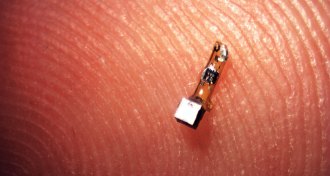 Neuroscience
Neuroscience‘Neural dust’ can listen to body’s electrical signals
Tiny crystals can detect electrical signals in nerves and muscles of rats.
-
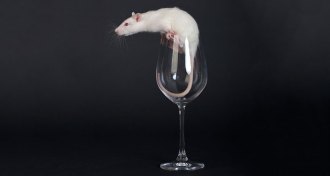 Genetics
GeneticsRats offer clues to biology of alcoholism
Heavy-drinking rats are giving scientists new genetic clues to alcoholism.
-
 Neuroscience
NeuroscienceRed blood cells sense low oxygen in the brain
Red blood cells sense low oxygen and speed to the scene, a new study suggests.